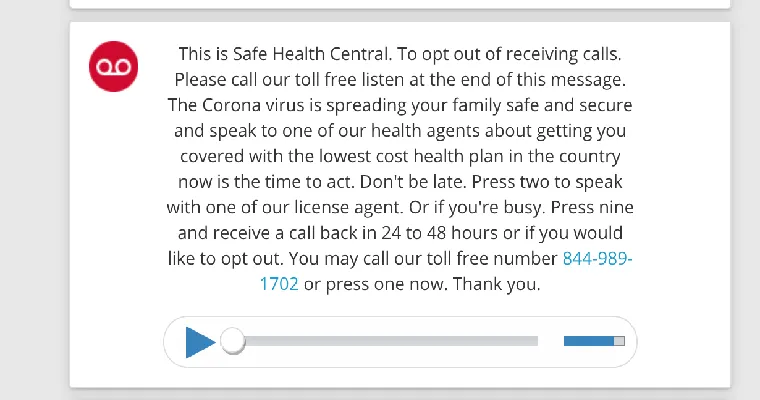Writing a "eulogy" can be one of the most challenging yet meaningful tasks you may face when honoring a loved one who has passed away. A well-crafted "eulogy" serves as a heartfelt tribute, capturing the essence of the person’s life, their achievements, and the impact they had on those around them. Whether you are preparing to speak at a funeral, memorial service, or celebration of life, understanding how to write a "eulogy" can help you convey your feelings and memories effectively.
Understand the Purpose of a Eulogy
Before you start writing, it's essential to grasp the purpose of a "eulogy". It is not just a summary of the deceased's life; rather, it is an opportunity to share personal stories, highlight their character, and celebrate their legacy. A "eulogy" should provide comfort to grieving family members and friends while also painting a vivid picture of the individual's life.
Gather Information and Memories
Start by collecting information about the person you are honoring. Talk to family members and friends to gather anecdotes, achievements, and characteristics that made them unique. Consider the following:
Significant life events
Personal interests and hobbies
Their contributions to family, community, or profession
Favorite quotes or sayings
This information will help create a well-rounded picture of the person and guide you in writing a "eulogy" that resonates with the audience.
Structure Your Eulogy
Having a clear structure can make your "eulogy" more impactful. A simple outline could look like this:
1. "Introduction": Start with a warm greeting and introduce yourself, including your relationship with the deceased.
2. "Personal Stories": Share anecdotes that illustrate their personality and character. These stories can be humorous, touching, or inspiring.
3. "Achievements and Legacy": Highlight their accomplishments, values, and the positive impact they had on others.
4. "Conclusion": Wrap up with a heartfelt message, perhaps sharing what you will miss most about them or how they will be remembered.
Keep It Personal and Genuine
As you write your "eulogy", focus on authenticity. Speak from the heart and allow your emotions to guide you. Personal touches often resonate more with the audience than generic statements. Remember, it’s okay to express your feelings—grief, love, and fond memories all play a vital role in a "eulogy".
Practice Your Delivery
Once you have written your "eulogy", practice delivering it aloud. This will help you become more comfortable with the material and allow you to gauge the timing. Consider practicing in front of a trusted friend or family member who can provide feedback. If you feel overwhelmed, remember that it’s perfectly acceptable to pause, take deep breaths, or even shed a few tears during your delivery.
Be Mindful of the Audience
When writing a "eulogy", consider the audience that will be present. Aim for a tone that reflects the personality of the deceased while also being appropriate for the occasion. If the individual had a great sense of humor, including light-hearted anecdotes can be uplifting. However, if they were more serious, you may want to focus on the more poignant aspects of their life.
Conclusion
Writing a "eulogy" is a significant way to honor a loved one’s memory. By gathering stories, structuring your thoughts, and speaking from the heart, you can create a touching tribute that captures their essence. Remember, your words have the power to provide comfort and solace to those who are grieving, making the task of writing a "eulogy" not only a responsibility but also a profound opportunity to celebrate a life well-lived.





